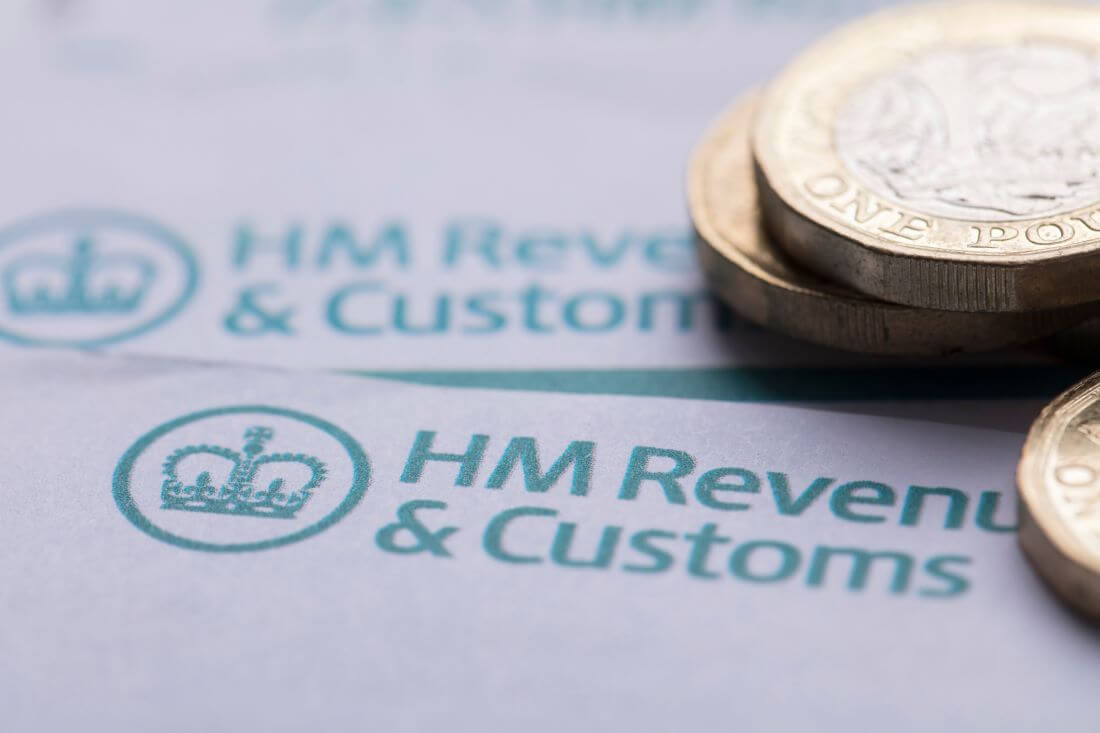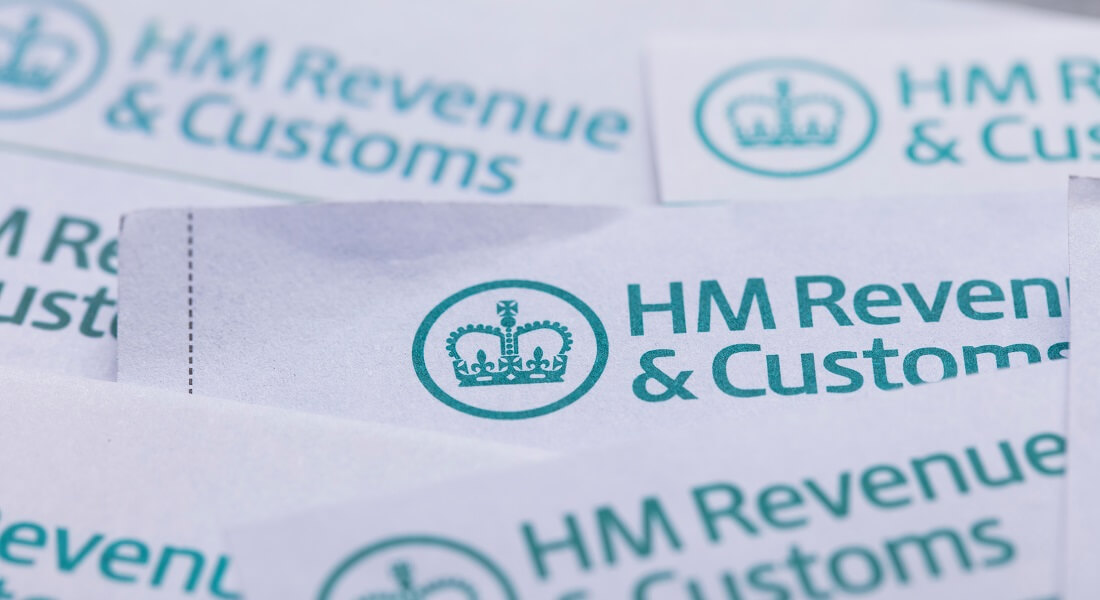HMRC consultation on Electronic Sales Suppression draft regulations – proposed interest on penalties!
Electronic Sales Suppression (ESS) is a form of tax evasion. Legislation was introduced to tackle ESS non-compliance and made it an offence to use, create, supply, or promote ESS. HMRC is now looking to take this a step further and charge interest on ESS penalties with effect from 4 March 2024. The draft regulations can be found here. Don’t forget, HMRC is currently charging interest at a rate of 7.75%.
HMRC’s increased focus on offshore matters
Danielle Ford, Partner and Head of Tax Disputes & Resolutions, and Riocard Hoye, Senior Manager, contributed to WealthBriefing, discussing HMRC’s recurring nudge letter campaign targeting individuals with offshore interests, with a letter titled ‘your overseas assets, income or gains’. Nudge letters are a cost-effective strategy for HMRC to prompt a large number of taxpayers to correct discrepancies in their tax affairs. Read more here.
HMRC targets nursing and care homes
HMRC has issued a One to Many letter to businesses in the nursing and care home sectors due to concerns that they have been targeted by agents encouraging them to make Research and Development (R&D) claims that HMRC regard as ineligible. Although HMRC recognise that the sector can meet the criteria for making R&D claims, its experience is that most claims are rejected. The letter also explains that HMRC operates a ‘pay the claim first, then check it’ system. More information can be found here. HMRC has a continued focus on R&D claims and has issued updated guidelines for compliance to ensure that any claims submitted are valid.
Gala film scheme loses HMRC dispute
The partners in a film tax scheme, Gala Film Partners LLP, have lost a dispute with HMRC at the First-tier Tax Tribunal (FTT) over whether its losses of £111m for 2003/04 were a true interpretation of the trading position. The Tribunal found that the partners were not entitled to claim relief for interest paid on loans taken out and that the LLP had not accounted for the losses correctly.
Property business arrangements involving hybrid partnerships do not work
HMRC is aware of a scheme being marketed as a tax planning option to individual property landlords. The scheme claims to allow increased mortgage interest deductions, reduce tax payable, reduce Capital Gains Tax (CGT) on the sale of properties and reduce Inheritance Tax (IHT) on death. HMRC’s view is that the scheme does not work and those who use the arrangements will pay more than the original tax liability in terms of tax, interest, penalties and fees. In November, HMRC sent nudge letters to a small number of agents and their clients who are involved in this tax planning. The letter invites withdrawal from the scheme and requires a disclosure to HMRC by 31 January 2024.
Bernie Ecclestone receives suspended sentence for tax fraud
92-year-old Bernie Ecclestone received a 17-month suspended sentence in relation to tax fraud, attracting significant media attention. This arose from a Code of Practice 9 (COP9) meeting in which Mr Ecclestone was proven to have made false statements in relation to offshore trust structures and HMRC sought to criminally prosecute him. This is in line with HMRC’s updated COP9 document, which reaffirms HMRC’s intention and right to criminally prosecute those who do not adhere to the process. Our tax disputes team is highly experienced in navigating the COP9 process and our Private Client and Trusts team has vast experience in all offshore matters.
BlueCrest Capital v HMRC
The Upper Tribunal (Tax and Chancery Chamber) (UTT) upheld the FTT’s decision in the case of BlueCrest Capital Management (UK) LLP v HMRC. The courts found that HMRC’s guidance was too specific on the application of ‘significant influence’ as per the rules, and they did not necessarily have to refer to influence on the entirety of the business to apply. The UTT stated “We consider that the FTT made findings of fact that it was perfectly entitled to make and that there was no error of law in its approach to and construction of the legislation, or in its application of the legislation to the facts of the present case, as found by the FTT.” This emphasises that each case will be viewed upon the facts. Read more here.
HMRC consultation on regulation of cryptoassets
In October, HMRC published conclusions to their consultation process, and a further call for evidence, in respect of their proposed regulatory regime for cryptoassets. HMRC’s intention is to regulate these assets, which until now have not been centrally regulated, as it is clearly an area where HMRC believes there is lost tax. We have previously written about those who may have unexpectedly created a tax point when trading in cryptoassets here.
Autumn Statement 2o23
The Government have announced that they intend to raise £5 billion over the next 5 years, through a package of measures designed to tackle the tax gap – the difference of what should theoretically be paid in tax versus what HMRC actually collects. The Government are also investing a further £163m in HMRC’s debt management resources. HMRC is highlighting that it wants to provide better support to those who are temporarily unable to pay, and to help taxpayers out of debt faster. Read more here.
HMRC new cryptoassets tax disclosure facility
HMRC has launched a new online cryptoasset disclosure facility to allow taxpayers to disclose unpaid tax on income and/or gains from cryptoassets. Additionally, HMRC has issued an educational nudge email to some taxpayers with basic information on crypto disposals tax. Crypto tax can be complex; we recommend that anyone needing to make a disclosure should first seek advice from an experienced tax professional, such as Danielle or Riocard.
We hope you enjoyed this edition of the Tax Disputes & Resolutions round up. You can read all of our previous insights here. If you would like further advice on anything mentioned above, or to discuss your circumstances in more detail, contact Danielle Ford, Partner & Head of Tax Disputes at dford@haysmacintyre.com or Riocard Hoye, Senior Manager at rhoye@haysmacintyre.com.
Season’s Greetings to you all.








